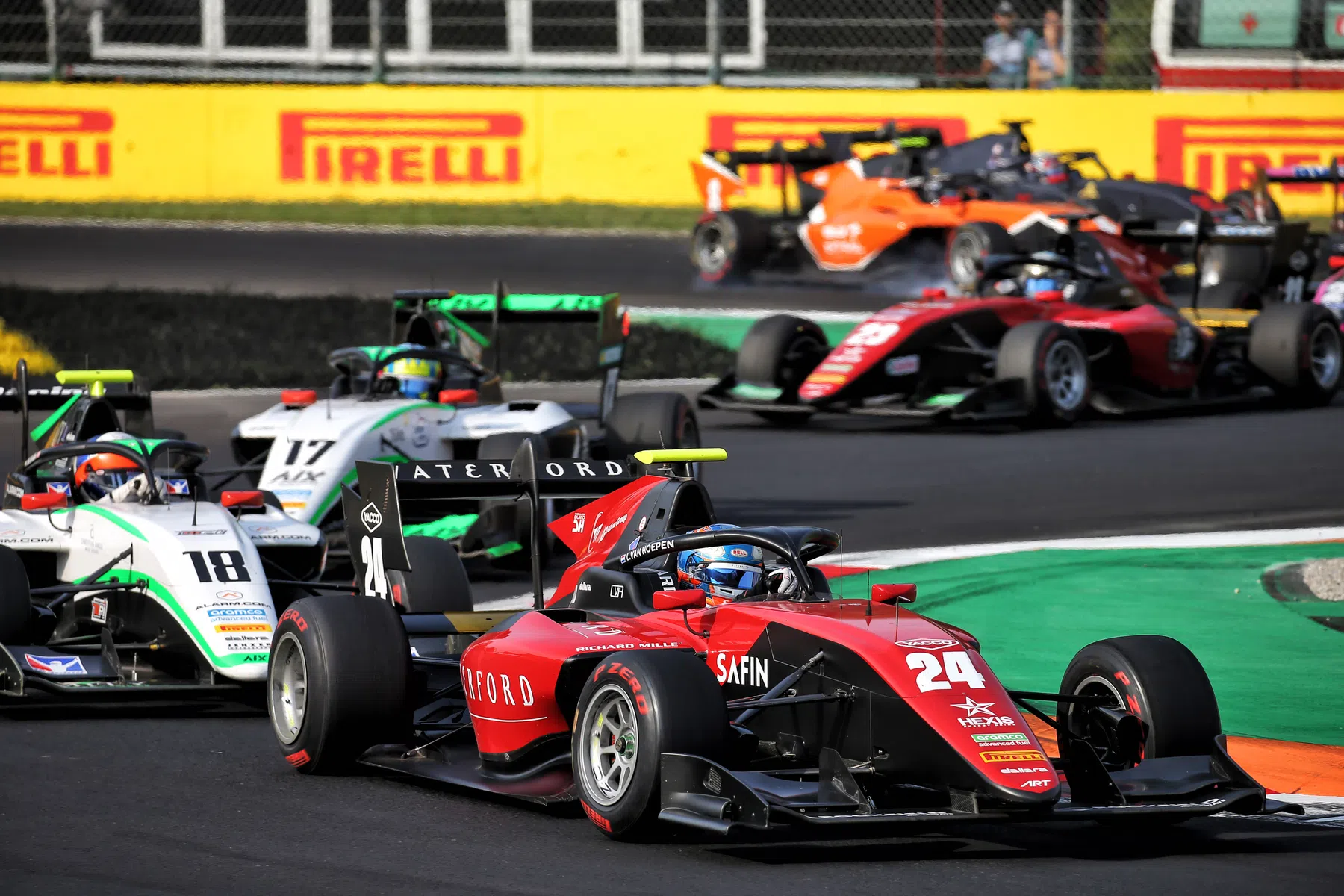Exclusive

'Important that we don't go to 24 race weekends like Formula 1'
- Ludo van Denderen
Formula 1 has become a global sport, with races on (almost) every continent. For Formula 2 and Formula 3 - the gateway to F1 - this is not the case. Since about two seasons, these junior classes (besides Europe and the Middle East) have been active in Australia, though, and that seems to be where it will stay for now, Bruno Michel tells GPblog.
While it is true that the CEO of F2 and F3 is open to racing in North and South America, there are a little too many snags to actually make it a reality at the moment. In doing so, the Frenchman points to two points. "First of all, I don't want to increase the number of races for cost reasons. We currently have 14 weekends, which is quite a lot because we are coming from 10, 12. We help the teams financially if we increase the number of races. But it's important that we don't go to 24 races like F1," Michel says.
F2 and F3 in North and South America?
In addition, a race in, say, the United States or Brazil must make financial sense, the CEO argues. "If we do a flyaway race, we need to make sure we cover all the costs; in terms of logistics, transport and more things like that. So that has to be taken care of first. We are in talks with promoters in North and South America. But at the moment we have not found a way to do this right for them as for us."
A 'disadvantage' of mainly racing in Europe could be that F3 drivers would prefer to go six months without races in the off-season. However, Michel says: "That gives them space to test. We will organise some tests at the end of the season with the F3 car. And I am sure they will get more mileage."
"Some drivers are competing in a winter series. We are not going to have a 12-month season. That's weird. We have ten events for F3, which is a lot. Twenty races is a lot, also from a financial point of view. So I don't want to do something that goes over that number," says Michel.

